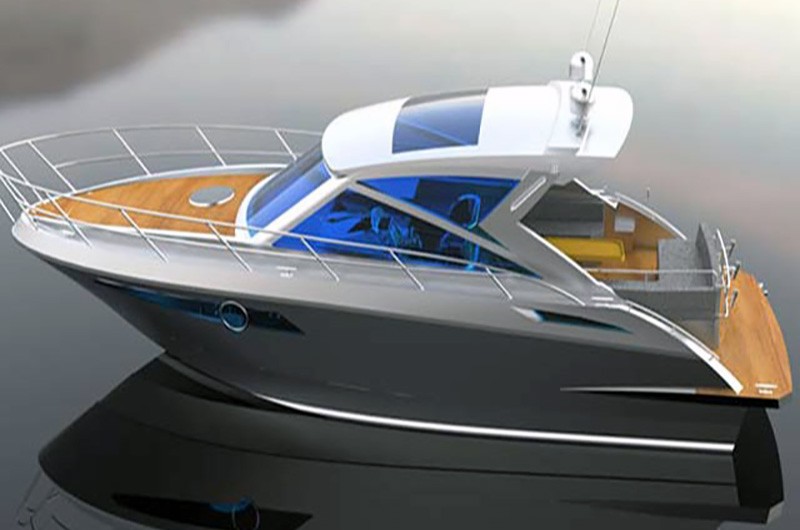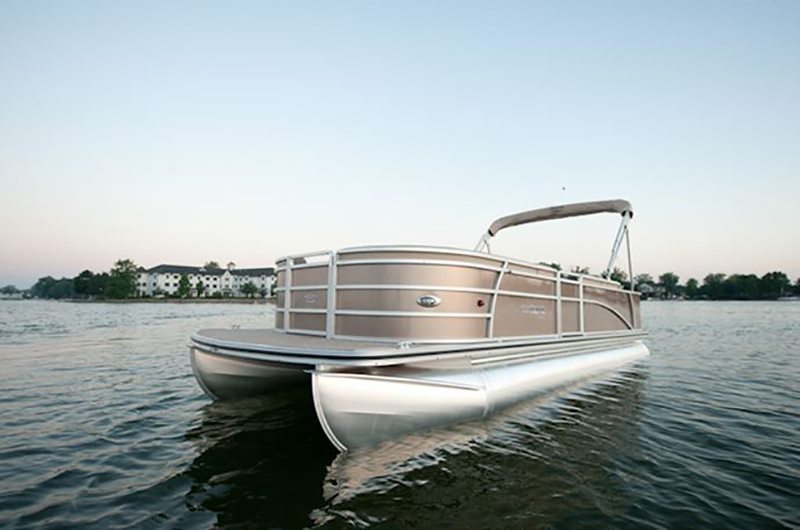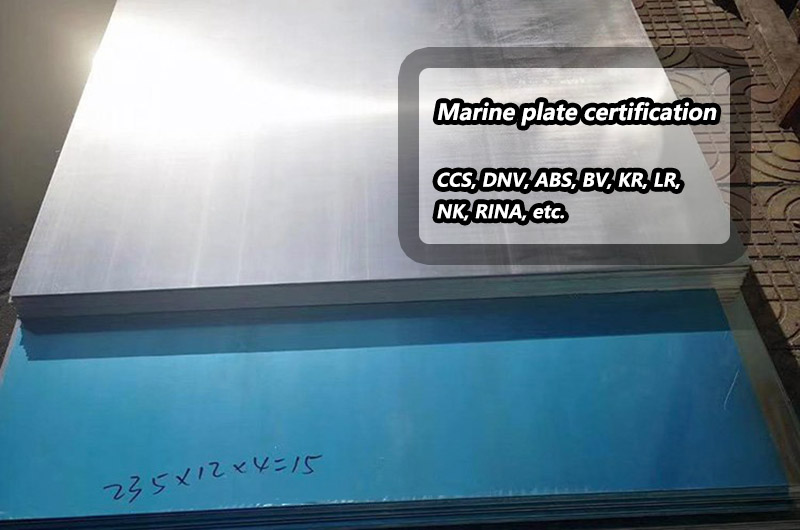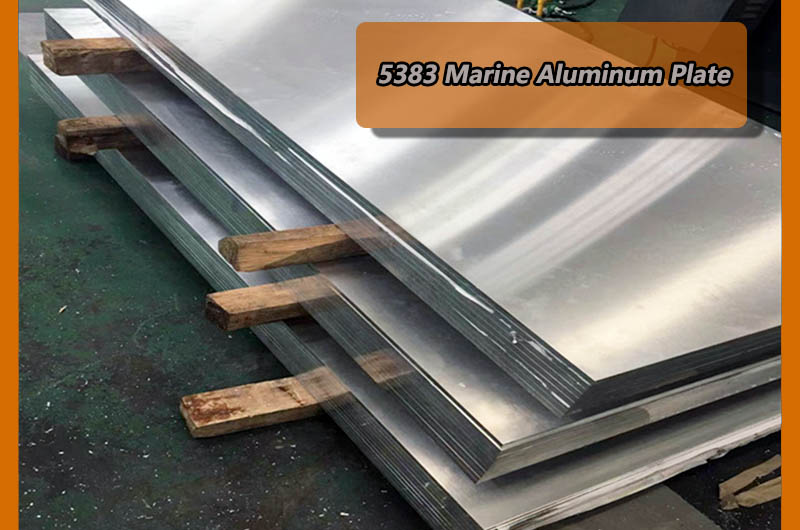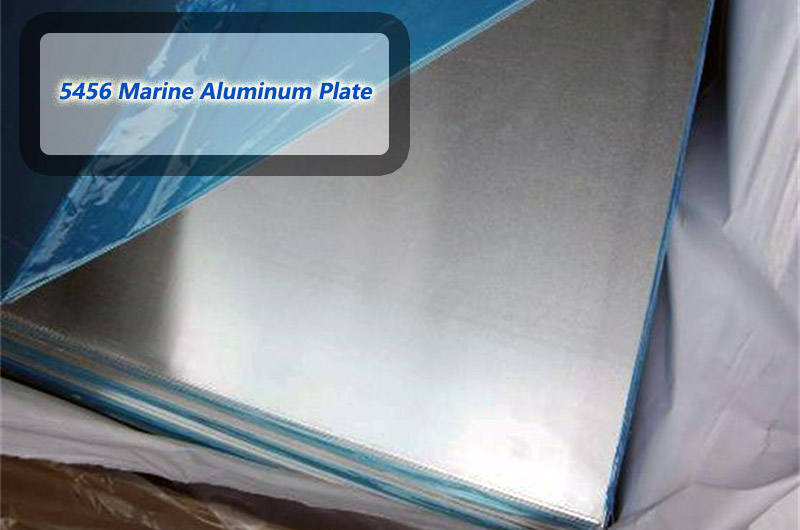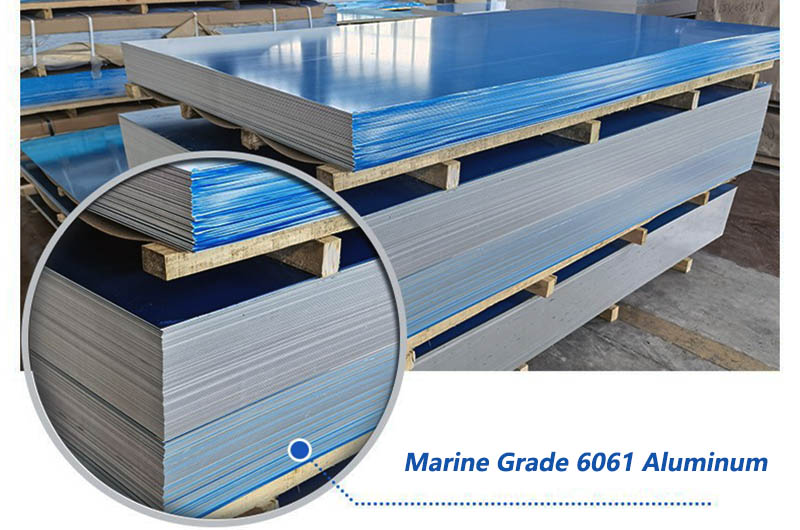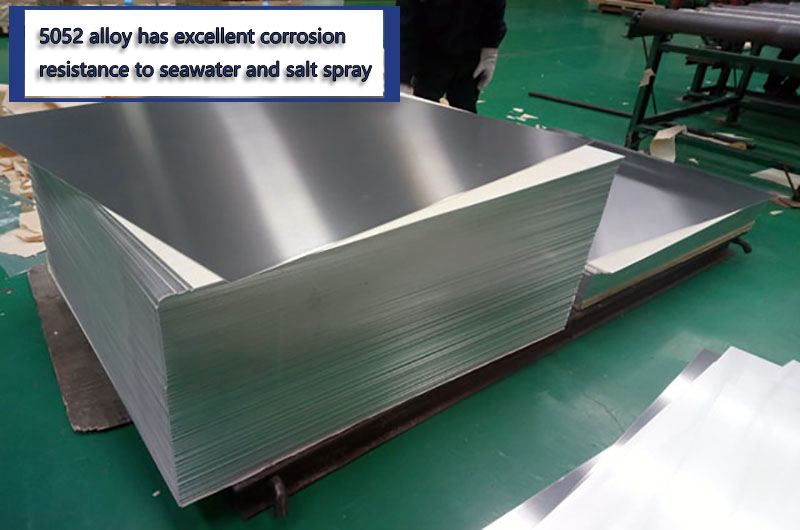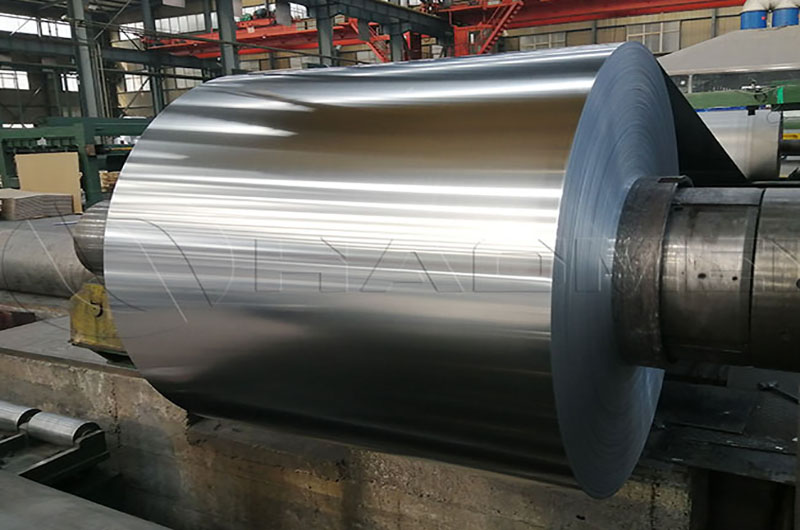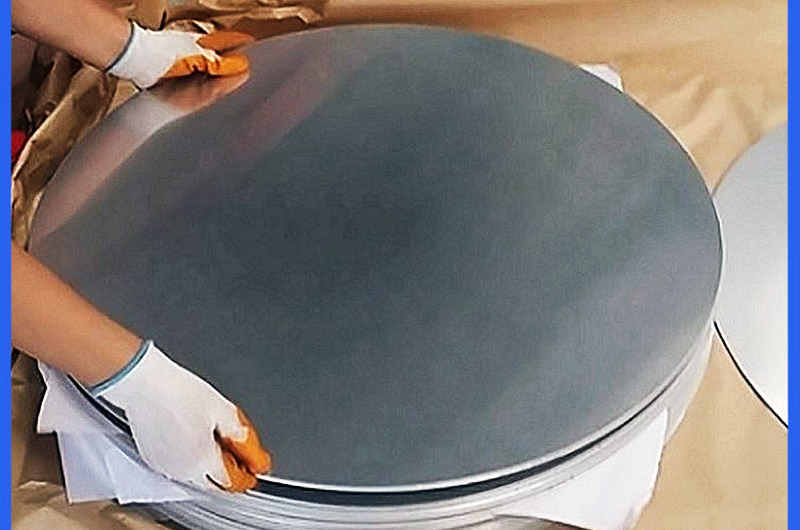- Marine Grade Aluminum 5052 Plate
- Information about Marine Grade 5052 Aluminum Plate Sheet
- 5052 Marine Aluminum Plate Specifications of Haomei Aluminum
- Advantages of 5052 aluminum marine plate
- 5052 Aluminum Plate Sheet Application for Marine
- 5052 H32 Marine Aluminum vs 5052 H34 Marine Aluminum
- 5052 Marine Grage Aluminum Mechanical Properties
- Chemical composition of 5052 marine grade aluminum plate
- Is 5052 Aluminum Good for Boats?
- What's the Difference Between 5052 and 6061?
Marine Grade Aluminum 5052 Plate
As a marine aluminum plate, 5052 aluminum plate has excellent corrosion resistance, strength, formability, light weight and reliability.
These performance advantages can increase the speed and fuel efficiency of the ship, reduce the overall weight of the hull, and increase the service life of the ship. Therefore, 5052 aluminum plates are widely used in ships, marine equipment, marine terminals and other fields.
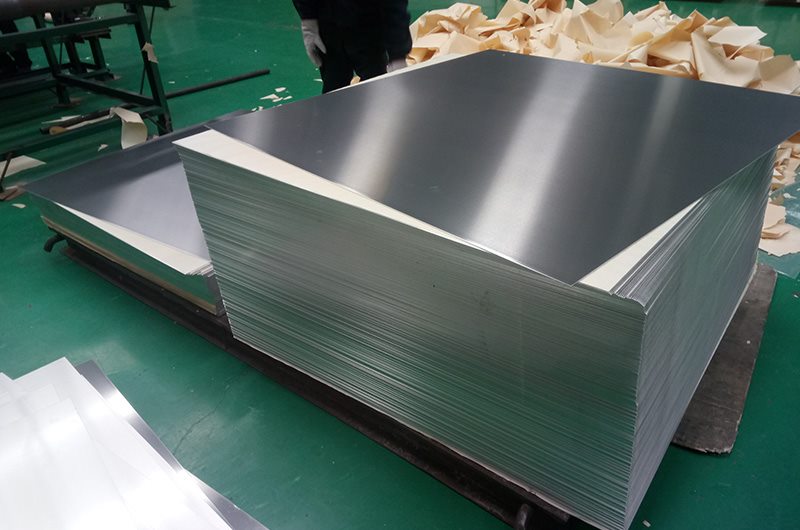
Information about Marine Grade 5052 Aluminum Plate Sheet
| Property | Description |
| Tensile Strength | 210-230 MPa |
| Elongation | 12-20% |
| Alloy Elements | Chromium content enhances resistance to stress corrosion cracking, improves weld strength |
| Corrosion Resistance | Excellent |
| Weldability | Good |
| Cold Workability | Good |
| Heat Treatment | Cannot be strengthened through heat treatment |
| Application | Widely used in shipbuilding and marine applications |
The 5052 aluminum alloy is widely utilized in shipbuilding and other marine applications, alongside alloys like 5083 aluminum plate.
5052 Marine Aluminum Plate Specifications of Haomei Aluminum
The specifications of 5052 marine aluminum sheets vary according to the specific structure and requirements of the ship. Here are some common specification ranges for reference :
- Thickness : The thickness of the marine 5052 aluminum plate is usually between 2-12mm, and the specific requirements are determined according to the needs of the hull structure and cabin equipment.
- Width : The width of marine 5052 aluminum plate is generally 1000-2200mm, and the specific width also depends on the requirements of the hull structure and cabin equipment.
- Length : The length of the 5052 aluminum plate for marine use is generally 2000-6000mm, and the specific length also depends on the requirements of the hull structure and cabin equipment.
- Surface treatment : Marine 5052 aluminum plate generally adopts anti-corrosion surface treatment, such as anodizing, spraying or coating treatment.
- International standards : ASTM, EN, JIS, etc.
- Classification society certification : DNV, ABS, ISO9001, CCS
It should be noted that the above specifications are only a general range, and the specific specification requirements should be determined according to the specific needs of shipbuilding and the requirements of relevant standards. When selecting and purchasing marine 5052 aluminum sheets, you should choose aluminum suppliers with professional qualifications and experience, and confirm that the purchased aluminum sheets meet relevant standards and requirements.
Advantages of 5052 aluminum marine plate
| Advantages | Description |
| Light and High Strength | 5052 marine grade aluminum plate is lightweight yet possesses high strength, reducing hull weight, enhancing load capacity, and improving fuel efficiency. |
| Strong Corrosion Resistance | Exhibits excellent corrosion resistance, particularly in seawater environments, thanks to its self-protective oxide film that prevents further corrosion. |
| Good Machinability | Offers excellent machinability, allowing for various processing operations such as bending, cutting, and welding, facilitating custom hull designs. |
| High Impact Resistance | High impact resistance maintains structural integrity against pressures and impacts, enhancing hull safety in harsh marine conditions like wave impacts. |
| Recyclable | As a recyclable material, 5052 aluminum supports environmental sustainability by reducing resource consumption and pollution through recycling processes. |
5052 marine grade aluminum plate is widely chosen for shipbuilding due to its combination of light weight, high strength, corrosion resistance, machinability, impact resistance, and recyclability.
5052 Aluminum Plate Sheet Application for Marine
5052 Marine Aluminum Sheet for Yacht Hulls
5052-H32 Aluminum Plate: Yachts used in small freshwater lakes typically employ 5052-H32 aluminum plates. This temper provides good strength and excellent corrosion resistance suitable for freshwater environments. The H32 temper is strain-hardened and stabilized, making it resilient against mechanical stresses and corrosion from freshwater exposure.
5052 Marine Aluminum Sheet for Ship Air Conditioners
5052-O Aluminum Plate: Ship air conditioners operate in highly humid and corrosive ocean environments. The 5052-O aluminum plate, in its annealed (soft) condition, is chosen for its ease of forming and shaping into complex parts needed for air conditioning systems. Despite being softer than other tempers, it can be coated or treated for enhanced corrosion resistance, crucial for prolonged oceanic exposure.
5052 Marine Aluminum Sheet for Ship Cable Trays
5052-H32 Aluminum Plate: Cable trays on ships require a balance of strength and corrosion resistance. The H32 temper of 5052 aluminum provides adequate strength for supporting cables while offering good resistance to corrosion in marine environments. It is suitable for forming into the required tray shapes without compromising on durability.
5052 Marine Aluminum Sheet for Ship Tanks
5052-H32 Aluminum Plate: Tanks on ships, such as fuel or water tanks, benefit from the H32 temper of 5052 aluminum due to its corrosion resistance and structural integrity. This temper ensures that the tanks can withstand the corrosive effects of seawater and other shipboard chemicals while maintaining tight seals and structural stability.
5052 Marine Aluminum Sheet for Cabin Floors
5052-H32 Aluminum Plate: Cabin floors in marine applications require materials that are durable, corrosion-resistant, and easy to maintain. The 5052-H32 aluminum plate meets these requirements with its combination of strength and resistance to corrosion from water exposure. It is suitable for forming into floor panels that can withstand the rigors of marine environments.
Reasons for Choosing Each Temper of 5052 Aluminum Plate
- 1. 5052-H32 Aluminum Plate: This temper is chosen for its excellent combination of strength and corrosion resistance, making it ideal for structural components and parts exposed to freshwater or mild marine environments.
- 2. 5052-O Aluminum Plate: The soft annealed condition of 5052-O allows for easy forming and shaping, crucial for intricate parts in ship air conditioners that must resist corrosion from constant exposure to humid and salty air.
In summary, selecting the right state of 5052 aluminum plate for each marine application ensures optimal performance and longevity in challenging marine environments, whether for structural integrity, corrosion resistance, or specific functional requirements.
5052 H32 Marine Aluminum vs 5052 H34 Marine Aluminum
Both 5052 H32 and 5052 H34 are marine-grade aluminum alloys with essentially the same chemical composition and mechanical properties, but slightly different hardness and flexural strength.
5052 h32 Marine Grade Aluminum Plate
- Features : 5052 H32 has lower hardness and lower bending strength,
- Application : Suitable for ship parts requiring high plasticity and corrosion resistance, such as ship shell plates, ship bulkheads, decks, etc.
5052 h34 Marine Grade Aluminum Plate
- Features : 55052 H34 has relatively high hardness and high bending strength,
- Application : Applicable to ship components requiring high strength and corrosion resistance, such as supporting structures, beams, rubber pads, etc.
Therefore, which state of 5052 aluminum to use depends on the requirements of the hull structure and cabin equipment. If you need high plasticity and lower strength material, you can choose 5052 H32.if you need higher strength and better corrosion resistance, you can choose 5052 H34.
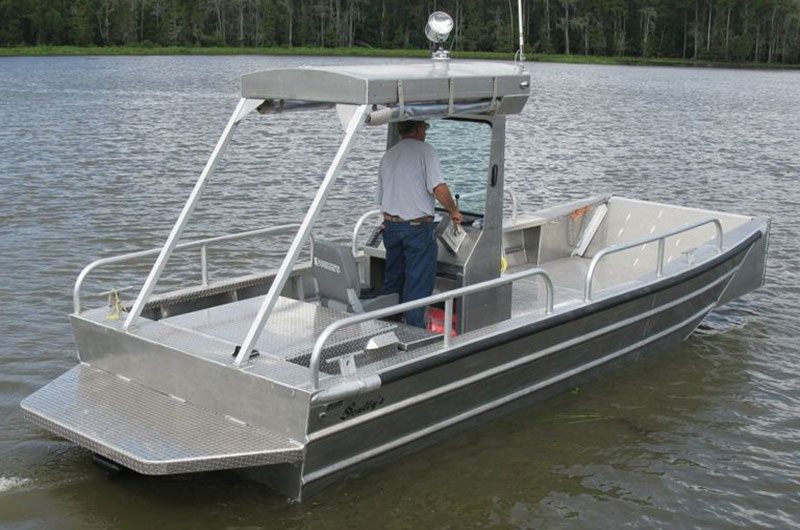
It should be noted that when selecting and purchasing 5052 aluminum sheets, you should choose aluminum suppliers with professional qualifications and experience, and confirm that the purchased aluminum sheets meet relevant standards and requirements. At the same time, the appropriate aluminum plate status and specifications should be selected according to actual needs to ensure the safety and reliability of the hull structure.
5052 Marine Grage Aluminum Mechanical Properties
| Alloy | Temper | Sample temper | Thickness mm | Tensile strength RmMPa | Extension strength RP0.2/Mpa | Elongation % | |
| A50 mm | A | ||||||
| 5052 | O | O | 3.00-6.00 | 175-215 | ≥65 | ≥18 | |
| >6.00-50.00 | 170-215 | ≥65 | ≥19 | ||||
| H111 | H111 | 3.00-6.00 | 175-215 | ≥65 | ≥18 | ||
| >6.00-50.00 | 170-215 | ≥65 | ≥19 | ||||
| H22, H32 | H22, H32 | 3.00-6.00 | 210-260 | ≥130 | ≥10 | ||
| H112 | H112 | 6.00-12.50 | ≥190 | ≥80 | ≥7 | ||
| >12.50-50.00 | ≥170 | ≥70 | - | ||||
Chemical composition of 5052 marine grade aluminum plate
| Element | Chemical composition (%) |
| Al | Rem |
| Si | ≤0.25 |
| Fe | ≤0.50 |
| Cu | ≤0.10 |
| Mn | ≤0.10 |
| Mg | 2.2-2.8 |
| Cr | 0.15-0.35 |
| Zn | ≤0.10 |
| Note:Each:≤0.05;Total:≤0.15 | |
Is 5052 Aluminum Good for Boats?
5052 aluminum is a popular choice for marine and marine applications. It has excellent corrosion resistance, good weldability and high strength. Additionally, 5052 aluminum is easy to form and can be easily shaped into complex structures, making it ideal for hulls and other components.
5052 aluminum is also lightweight, a key factor in marine applications where reduced weight improves a vessel's performance and fuel efficiency. Additionally, 5052 aluminum is available in a variety of thicknesses and is easy to work and machine, making it versatile and suitable for a wide range of marine applications.
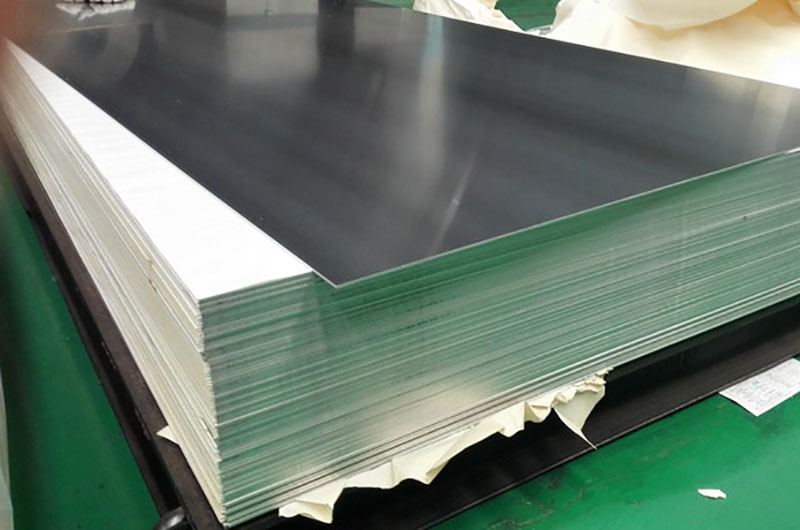
What's the Difference Between 5052 and 6061?
5052 and 6061 are two different aluminum alloys with different chemical compositions and properties. Following are the main differences between 5052 and 6061 aluminum :
Chemical Composition
The main alloying element in 5052 aluminum is magnesium (2.2% to 2.8%).
The main alloying elements in 6061 aluminum are silicon (0.4% to 0.8%) and magnesium (0.8% to 1.2%).
Other alloying elements and impurities are also different.
Strength and Hardness
6061 aluminum is generally stronger and harder than 5052 aluminum due to its higher silicon and magnesium content.
The tensile strength of 6061 aluminum ranges from 276 to 310 MPa (40 to 45 ksi).
The tensile strength of 5052 aluminum ranges from 215 to 305 MPa (31.2 to 44.3 ksi).
Solderability
5052 aluminum is easier to weld than 6061 aluminum.
6061 aluminum can be welded, but may require preheating and post-weld heat treatment to avoid cracking.
Corrosion Resistance
Both 5052 and 6061 aluminum have good corrosion resistance. However, 5052 aluminum is more resistant to marine environments, while 6061 aluminum is more resistant to general corrosion.
Application
5052 aluminum is commonly used in marine and automotive applications
6061 aluminum is commonly used in structural applications such as aircraft and aerospace components, bicycle frames and performance vehicles.
The main differences between 5052 and 6061 aluminum are their chemical composition, strength and hardness, weldability and corrosion resistance. The choice between the two will depend on the specific requirements of the application.

